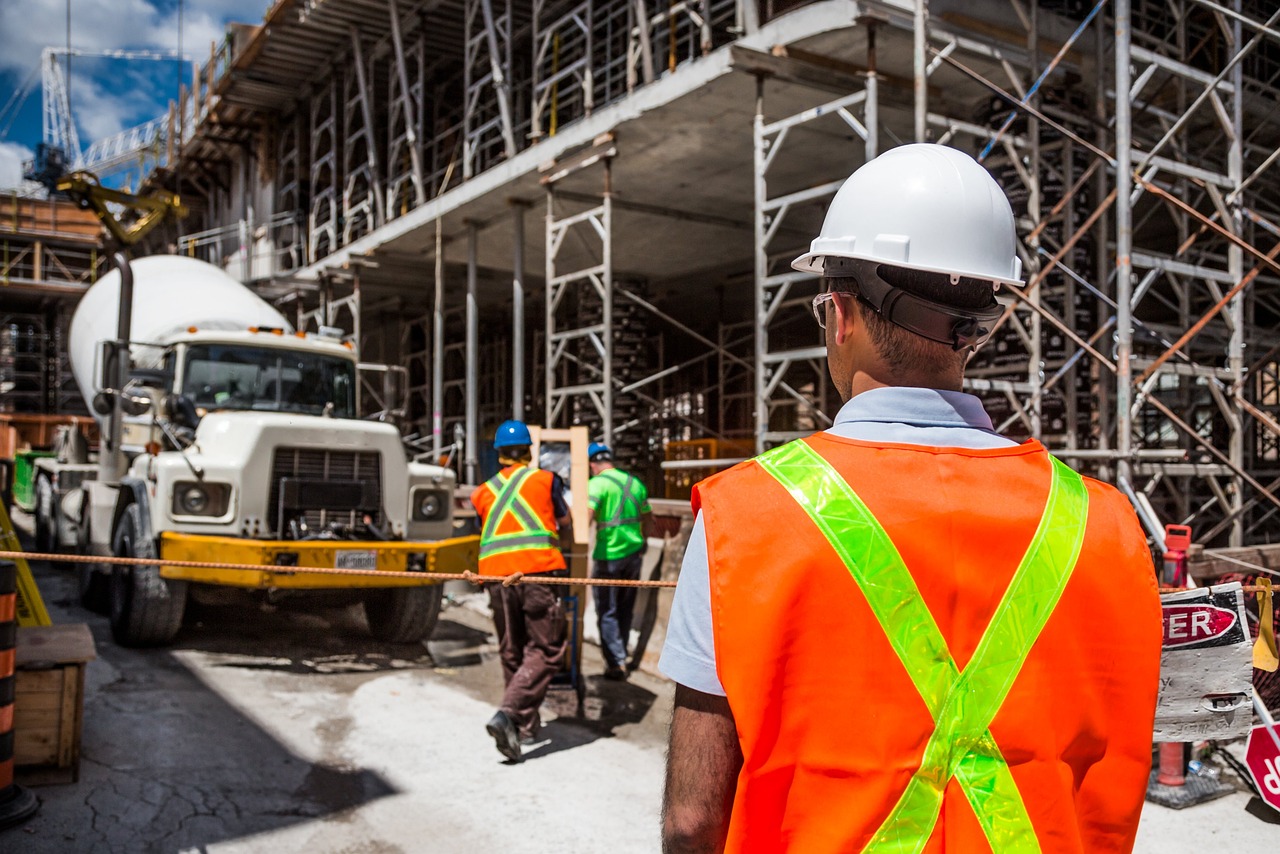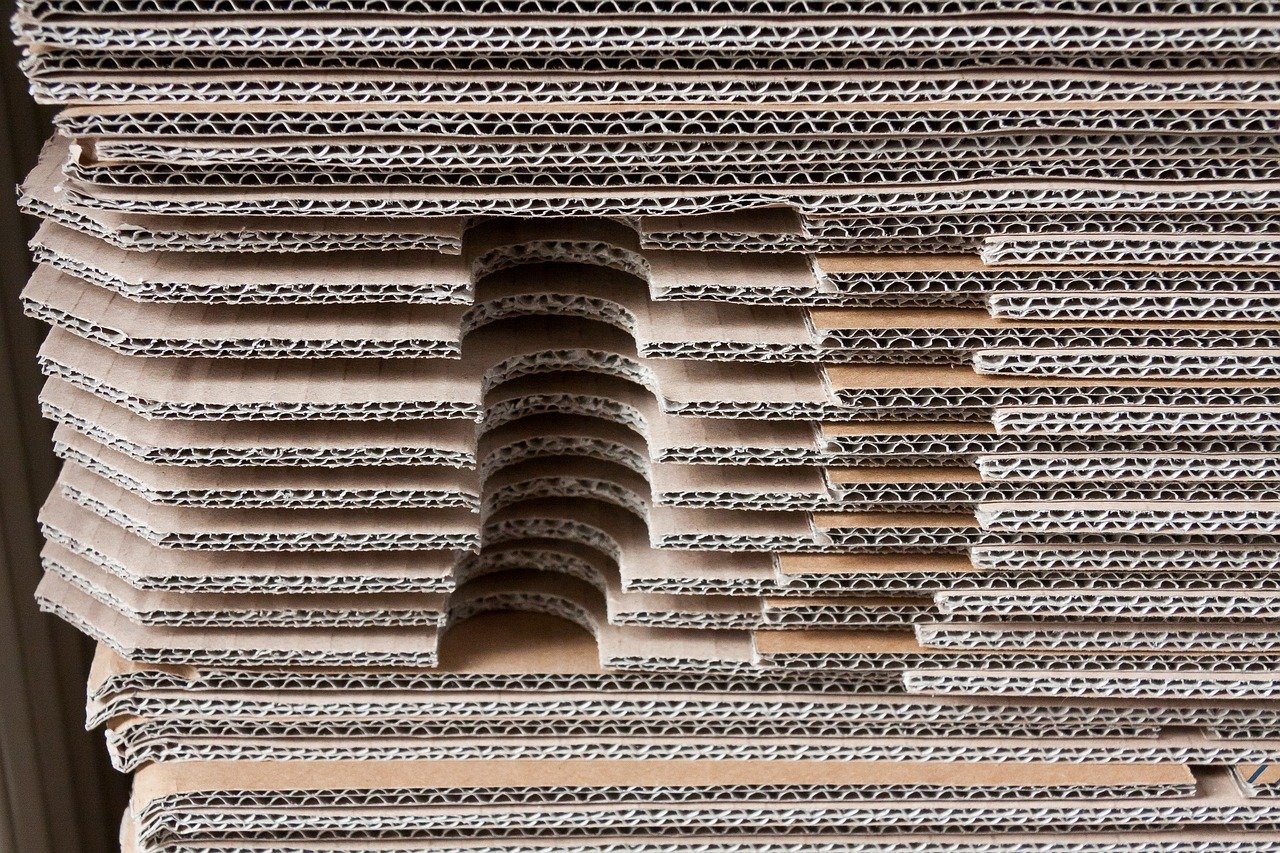Whether you’re a homeowner looking to build your dream home or an engineer overseeing a commercial construction project, controlling costs throughout your project is vital to staying on schedule and budget. Cost overruns not only delay the project’s completion but often lead to unexpected expenses you weren’t prepared for. Here are tips to help keep your construction projects running efficiently and within the initial estimated budget,
Have an Accurate Estimate Before You Start
Before you break ground on a construction project, ensure you have an accurate estimate of the costs involved. Estimating costs for a construction project can be complex, so it’s important to consider all possible issues that could arise. This includes creating a realistic timeline for all phases of the project, factoring in materials, labor, and any unforeseen extras that may be required. Be sure to add 10% to 20% contingency funds to the total budget for any unexpected costs that may occur during the project.
If you plan on using a loan to finance the project, apply for the loan well in advance to avoid delays while waiting for approval. Not only will this help you plan the construction project better, but it will also give the lender enough time to conduct a field examination. A field examination for banks and lenders from a third-party firm gives the lender insight into a borrower’s assets and their value, such as whether they provide enough collateral support in the event of default.
Track Expenses Closely
Utilize expense-tracking software to monitor your project’s budget in real-time. Monitoring your project’s budget and progress will help you spot any problems early on so that you can address them before they become costly. You should also have a system in place to review bills for accuracy and ensure all invoices are being paid promptly. Conduct regular meetings with all project partners and stakeholders to ensure everyone is up-to-date on the budget and timeline for the project. Negotiate with suppliers to get discounts on materials and services whenever possible, as this can significantly impact the total cost of your project.
Use a Project Planning Tool
Project planning tools are great for improving the visibility of tasks, setting clear expectations, providing structure, and saving time. Other benefits of using a project planning tool include breaking down complex operations and setting up schedules, prioritizing tasks, tracking progress, assigning responsibilities, and monitoring team performance. Furthermore, by using a comprehensive project planning tool from start to finish, you can easily identify potential risks to ensure that projects are completed successfully.
Plan Ahead for Emergencies
No matter how much planning goes into a project beforehand, emergencies are always possible during construction projects, whether inclement weather or unexpected delays due to equipment issues. Having a contingency plan in place will help mitigate the costs associated with any emergency issues that may arise during the project. Create a timeline that allows you some flexibility. It will give you more time and room to maneuver if unexpected issues arise during the project.
Costs can quickly spiral out of control if you don’t have a good handle on your construction project. That’s why it’s integral to plan ahead by setting realistic timelines, tracking expenses closely, using a project planning tool, and preparing for emergencies. Following these steps will help you control costs and prevent potentially costly surprises.







